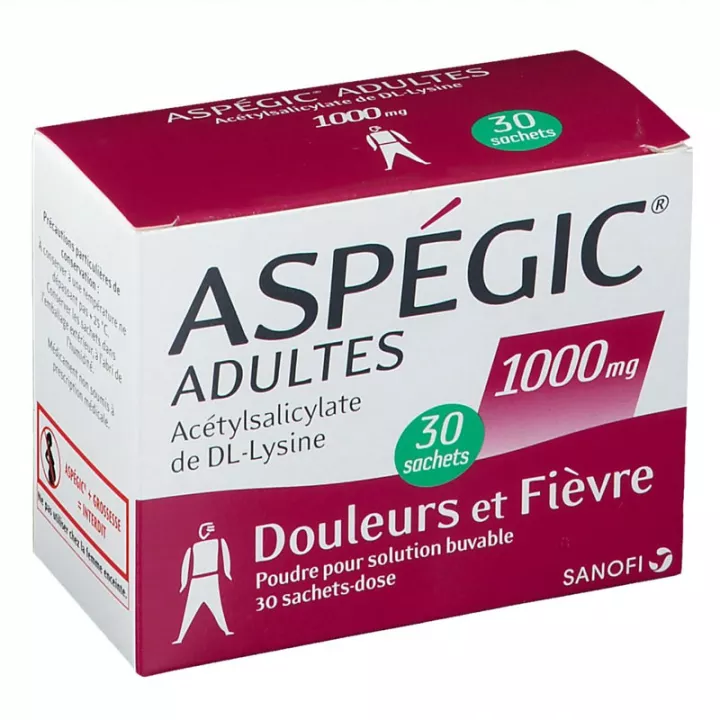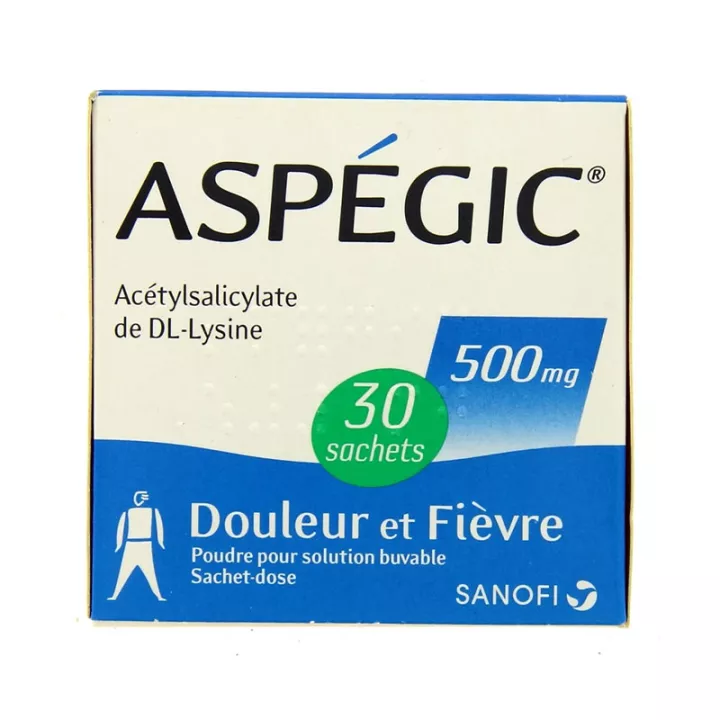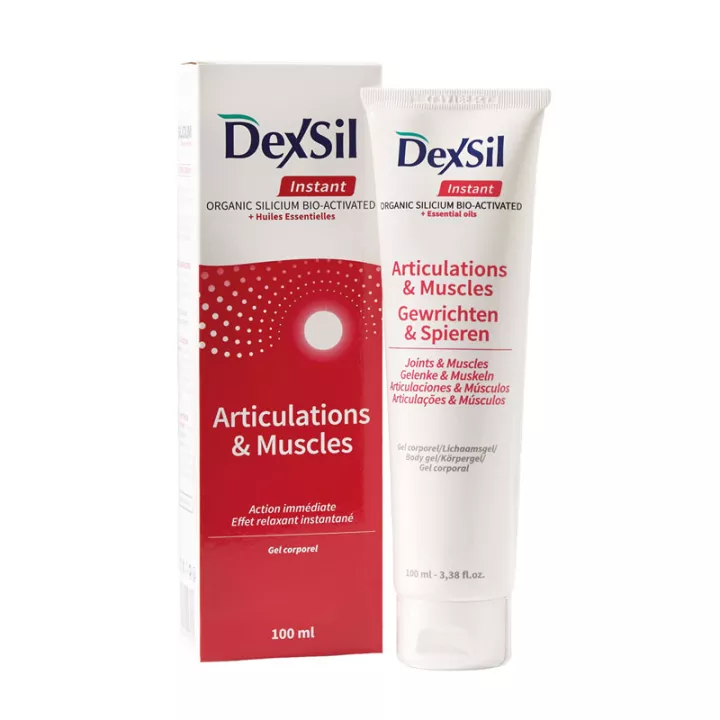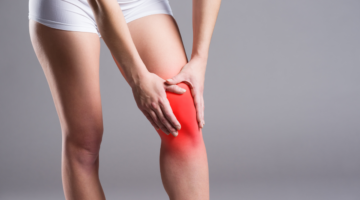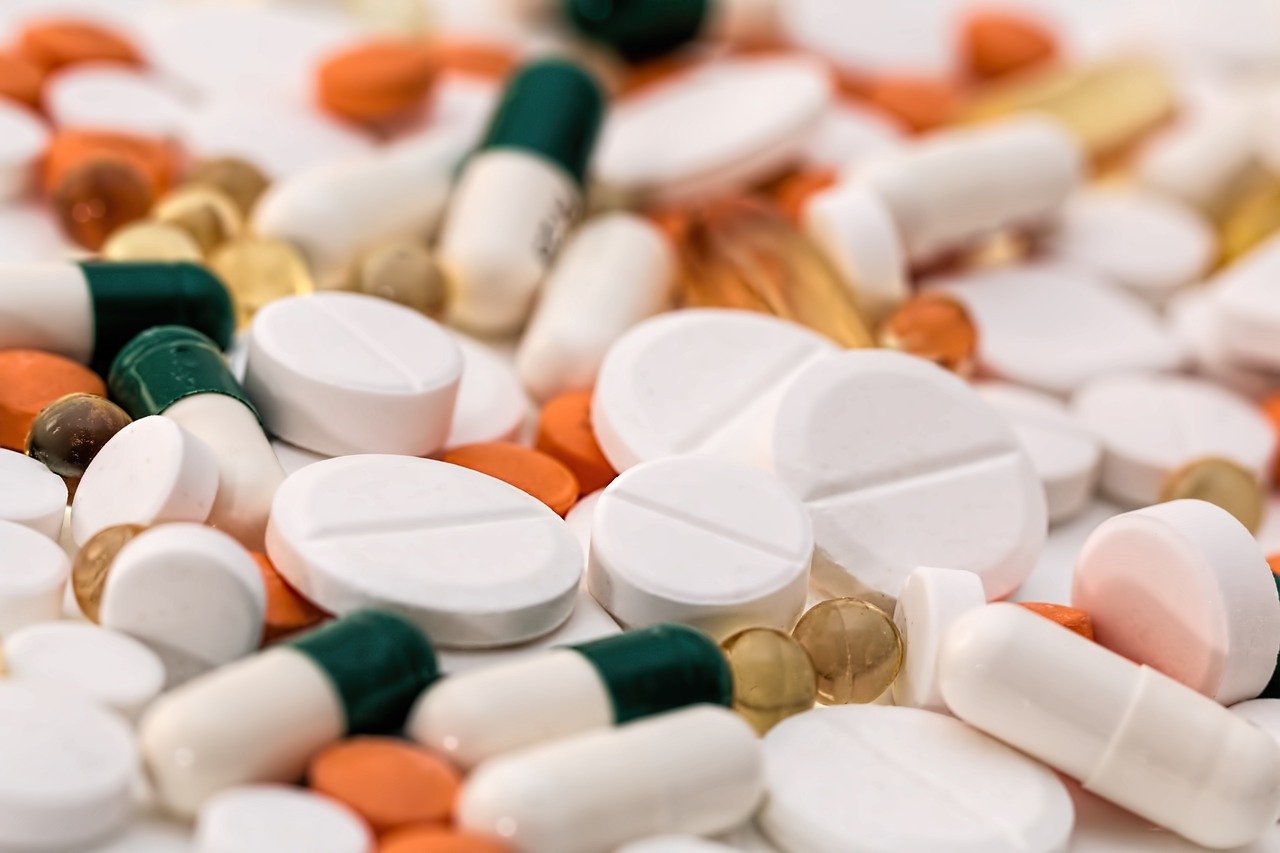NOTICE
ANSM - Last updated: 01/06/2017
Name of the medicinal product
ASPIRINE DU RHONE 500 mg tablet
Acetylsalicylic acid
framed
Please read this leaflet carefully before you start taking this medicine because it contains important information for you.
You should always take this medication exactly as prescribed in this leaflet or by your doctor or pharmacist.
· Keep this leaflet. You might need to read it again.
· Ask your pharmacist for advice or information.
· If you experience any side effects, talk to your doctor or pharmacist. This also applies to any side effects not mentioned in this leaflet. See section 4.
· You should contact your doctor if you experience no improvement or feel worse after 5 days (in case of pain) or 3 days (in case of fever).
What is in this leaflet?
1. What is ASPIRINE RHONE 500 mg, tablet and in which cases it is used?
2. What information should I take before taking ASPIRINE DU RHONE 500 mg tablet?
3. How to take ASPIRINE OF RHONE 500 mg, tablet?
4. What are the possible side effects?
5. How to store ASPIRINE DU RHONE 500 mg tablet?
6. Package contents and other information.
1. WHAT ASPIRINE OF RHONE 500 mg, tablet AND IN WHAT CASES IS IT USED?
Pharmacotherapeutic group OTHER ANALGESICS AND ANTIPYRETICS - ATC code: N02BA01
This medicine contains aspirin.
It is indicated for pain and / or fever such as headaches, flu-like conditions, dental pain, body aches.
This presentation is reserved for the adult and the child from 30 kg (about 9 to 15 years) ; carefully read the "Dosage " section.
For children of different weights or ages, there are other aspirin presentations: ask your doctor or pharmacist for advice.
You should contact your doctor if you experience no improvement or feel worse after 5 days (in case of pain) or 3 days (in case of fever).
2. BEFORE YOU TAKE ASPIRINE DU RHONE 500 mg tablet?
Never take ASPIRINE DU RHONE 500 mg, tablet:
· if you are allergic to the active substance or to a related drug (including non-steroidal anti-inflammatory drugs) or any of the other ingredients of this medication mentioned in section 6.
· if you have a history of asthma caused by the administration of aspirin or a related drug (including non-steroidal anti-inflammatory drugs),
· child under 6 years of age, because the child is at risk of swallowing and choking: using another presentation,
· if you are over 5 months pregnant (24 weeks of amenorrhea) for doses above 100 mg per day,
· if you have an evolving stomach or duodenal ulcer,
· if you have a hemorrhagic disease or risk of bleeding,
· if you have severe liver disease,
· if you have a serious kidney disease,
· if you have a serious heart disease,
· if you follow a treatment with methotrexate used at doses greater than 20 mg / week and when aspirin is used at high doses as anti-inflammatory drugs (≥ 1 g per dose and / or ≥ 3 g per day), especially in the treatment of fever or pain (≥ 500 mg per dose and / or <3 g daily) ( see Take or Use Other Medicines ),
· if you follow a treatment with oral anticoagulants in the case of a history of peptic ulcer and when aspirin is used as a high dose anti-inflammatory drug (≥ 1 g per dose and / or ≥ 3 g per day) fever or pain (≥ 500 mg per dose and / or <3 g daily) ( see Take or use other medicines ).
Warnings and Precautions
Talk to your doctor or pharmacist before taking ASPIRINE DU RHONE 500 mg tablet .
· In case of combination with other medicines, to avoid a risk of overdose, check the absence of aspirin in the composition of other medicines.
· In case of headaches occurring during prolonged use and high doses of aspirin, you should not increase the doses but take the advice of your doctor or pharmacist. The regular use of analgesics, in particular several analgesics in combination, can lead to kidney damage.
· Reye syndromes (a rare but very severe disease mainly associated with neurological disorders and liver damage) have been observed in children with viral diseases and receiving aspirin.
Consequently:
o in the event of a viral illness such as chickenpox or an episode of influenza: do not administer aspirin to a child without the advice of a doctor,
o in the event of a conscious or behavioral disorder and vomiting in a child taking aspirin, tell a doctor immediately.
· · Aspirin should only be used after advice from your doctor:
o in the case of G6PD (red blood cell inheritance) deficiency, as high doses of aspirin may cause hemolysis (destruction of red blood cells),
o in the case of a history of stomach or duodenal ulcer, digestive hemorrhage or gastritis,
o in case of kidney or liver disease,
o in asthma: the onset of an asthma attack in some subjects may be related to an allergy to nonsteroidal anti-inflammatory drugs or aspirin. In this case, this drug is contraindicated,
o in case of abundant rules,
o in case of treatment of a rheumatic disease,
o in case of treatment by:
§ of oral anticoagulants, when aspirin is used at high doses in the treatment of fever or pain (≥ 500 mg per dose and / or ≤3 g daily) and in the absence of a history of gastrointestinal ulcer, duodenal
§ of oral anticoagulants, when aspirin is used in low doses as an antiplatelet agent (50 to 375 mg per day) and in case of a history of peptic ulcer disease,
§ Non-steroidal anti-inflammatory drugs, when aspirin is used in high doses as anti-inflammatory drugs (≥ 1 g per dose and / or ≥ 3 g per day), especially in the treatment of fever or pain (≥ 500 mg taken and / or <3 g per day),
§ glucocorticoids (except hydrocortisone as a substitute regimen), when aspirin is used at high doses as an anti-inflammatory drug (≥ 1 g per dose and / or ≥ 3 g per day)
§ heparins used in curative doses and / or in patients over 65 years of age, when aspirin is used at high doses as an anti-inflammatory drug (≥ 1 g per dose and / or ≥ 3 g per day) treatment of fever or pain (≥ 500 mg per dose and / or <3 g daily,
§ the drugs used in the treatment of gout,
§ clopidogrel,
§ pemetrexed in subjects with low to moderate renal function,
§ ticlopidine ( see Taking or using other medicines ).
· During treatment: in the case of gastrointestinal haemorrhage (blood rejection through the mouth, presence of blood in the stool, stool coloration in black), STOP TREATMENT AND CONTACT IMMEDIATELY MEDICAL OR EMERGENCY MEDICAL SERVICE .
· This medicine is reserved for adults and children from 30 kg (about 9 to 15 years).
This medicine contains aspirin . You or your child should not take other medicines containing aspirin and / or nonsteroidal anti-inflammatory medicines with this medication. Read carefully the leaflets for other medicines you or your child take to ensure that there is no aspirin and / or nonsteroidal anti-inflammatory drugs. |
Precautions for use
Pain or fever:
· For children under 30 kg (about 9 years), take a more appropriate dosage. Ask your doctor or pharmacist for advice.
· If the pain persists more than 5 days or the fever more than 3 days , or if there is insufficient efficacy or any other signs, do not continue treatment without the advice of your doctor.
· Aspirin increases the risk of haemorrhage at very low doses even when the dose is several days old. PREVENT YOUR DOCTOR, THE SURGER, THE ANESTHESIST OR YOUR DENTIST, in case a surgical gesture, even minor, is envisaged.
children
Not applicable.
Other medicines and ASPIRINE DU RHONE 500 mg, tablet
Inform your doctor or pharmacist if you are taking, have recently taken or may take any other medicines.
When aspirin is used at high doses as anti-inflammatory drugs (≥ 1 g per dose and / or ≥ 3 g daily), especially in the treatment of fever or pain (≥ 500 mg per dose and / or <3 g per day), this medication should not be used in combination:
· with methotrexate used at doses greater than 20 mg / week,
· with oral anticoagulants and in case of a history of peptic ulcer disease.
This medication should be avoided in combination with:
· of oral anticoagulants, when aspirin is used at high doses in the treatment of fever or pain (≥ 500 mg per dose and / or ≤3 g daily) and in the absence of a history of gastrointestinal ulcer, duodenal
· of oral anticoagulants, when aspirin is used in low doses as an antiplatelet agent (50 to 375 mg per day) and in case of a history of peptic ulcer disease,
· nonsteroidal anti-inflammatory drugs, when aspirin is used at high doses as anti-inflammatory drugs (≥ 1 g per dose and / or ≥ 3 g / day), especially in the treatment of fever or pain (≥ 500 mg taken and / or <3 g per day),
· glucocorticoids (except hydrocortisone as a substitute regimen), when aspirin is used at high doses as an anti-inflammatory drug (≥ 1 g per dose and / or ≥ 3 g per day)
· heparins used in curative doses and / or in patients over 65 years of age, when aspirin is used at high doses as an anti-inflammatory drug (≥ 1 g per dose and / or ≥ 3 g per day) treatment of fever or pain (≥ 500 mg per dose and / or <3 g daily)
· the drugs used in the treatment of gout,
· clopidogrel,
· pemetrexed in subjects with low to moderate renal function,
· ticlopidine ( see Special warnings ).
ASPIRINE DU RHONE 500 mg, tablet with food, drinks and alcohol
Not applicable.
Pregnancy and breast feeding
If you are pregnant or breastfeeding, think you may be pregnant or plan a pregnancy, ask your doctor for advice or pharmacist before taking this medication.
Pregnancy
Low doses, less than 100 mg daily:
Low doses of acetylsalicylic acid of less than 100 mg per day may be prescribed in exceptional circumstances requiring specialized surveillance.
For doses above 100 mg per day
At these doses, and unless absolutely necessary, acetylsalicylic acid should not be prescribed during the first two trimesters of pregnancy. If acetylsalicylic acid is administered to a woman wishing to be pregnant or pregnant within six months, the dose should be as low as possible and the treatment period should be as short as possible.
At doses above 100 mg daily, acetylsalicylic acid is contraindicated beyond 5 months of pregnancy (24 weeks of amenorrhea). You should NOT take this medication during the third trimester of pregnancy because its effects on your child can have serious consequences, especially on a cardiopulmonary and renal plan, even with a single dose.
feeding
Aspirin passes into breast milk, this medication is not recommended during breast-feeding.
Driving and using machines
Not applicable.
3. HOW TO TAKE ASPIRINE DU RHONE 500 mg tablet?
Always take this medication exactly as prescribed in this leaflet or as directed by your doctor or pharmacist. Check with your doctor or pharmacist if in doubt.
Dosage
In case of pain, in case of fever:
This presentation is reserved for adults and children from 30 kg (approximately 9 to 15 years).
For adults and children weighing more than 50 kg (from about 15 years old):
The maximum recommended daily dose is 3 g of aspirin, ie 6 tablets per day. The usual dosage is 1 tablet with 500 mg, to be renewed if necessary after 4 hours minimum. In case of pain or fever more intense, 2 tablets to 500 mg, to be renewed if necessary after 4 hours minimum, without exceeding 6 tablets per day.
For the elderly :
The maximum recommended daily dose is 2 g of aspirin, ie 4 tablets per day. The usual dosage is 1 tablet with 500 mg, to be renewed if necessary after 4 hours minimum. In case of severe pain or fever, 2 tablets to 500 mg, to be renewed if necessary after 4 hours minimum, without exceeding 4 tablets per day.
In children between 30 and 50 kg (approximately 9 to 15 years)
The dosage of aspirin depends on the weight of the child; the ages are mentioned for information purposes. If you do not know the weight of the child, weigh it to give it the best dose. Aspirin exists in many dosages, allowing the treatment to be adapted to the weight of each child. The recommended daily dose of aspirin is approximately 60 mg / kg / day, divided into 4 or 6 doses, approximately 15 mg / kg every 6 hours or 10 mg / kg every 4 hours.
· For children weighing 30 to 40 kg (approximately 9 to 13 years), the dosage is 1 tablet per dose, to be renewed if necessary after 6 hours, without exceeding 4 tablets per day.
· For children weighing 41 to 50 kg (approximately 12 to 15 years), the dosage is 1 tablet per dose, to be renewed if necessary after 4 hours, without exceeding 6 tablets per day.
Administration mode
Oral use.
The tablets should be swallowed as is with a drink (eg water, milk, fruit juice) preferably during meals.
Frequency of Administration
In case of pain, in case of fever:
Systematic catches avoid swings of pain or fever:
· In children (30 kg to 50 kg, approximately 9 to 15 years of age) : catches should be regularly spaced, including at night , preferably 6 hours and at least 4 hours: at the dosage specified above.
· In adults : catches should be spaced at least 4 hours apart .
Duration of the treatment
In case of pain, in case of fever:
The duration of use is limited: · at 5 days in case of pain, · at 3 days in case of fever. |
If pain persists for more than 5 days or fever for more than 3 days or if it worsens, do not continue treatment without your doctor's advice ( see Precautions for Use ).
If you take more ASPIRINE RHONE 500 mg, tablet than you should
Concerning aspirin:
During the course of the treatment, it is possible that there may be ringing in the ears, a feeling of hearing loss, headache, dizziness, usually as an overdose of aspirin.
THE TREATMENT OF YOUR CHILD MUST BE INTERRUPTED AND PREVENTION OF A DOCTOR.
In case of accidental poisoning (especially frequent in young children), CONSULT IMMEDIATELY A DOCTOR.
If you forget to take ASPIRINE DU RHONE 500 mg, tablet
Do not take (or give your child) double dose to compensate for the dose you have forgotten to take (or give to your child).
If you stop taking ASPIRINE DU RHONE 500 mg, tablet
Not applicable.
If you have any further questions on the use of this medication, ask your doctor or pharmacist.
4. WHAT ARE POSSIBLE SIDE EFFECTS?
Like all medicines, this medicine may cause side effects, although not everybody gets them.
· Your treatment should be discontinued immediately and your doctor should be advised if:
o digestive haemorrhages ( see Special warnings ). These are all the more frequent because the dosage used is high,
o allergic reactions such as rash, asthma attack, angioedema (facial urticaria with respiratory discomfort),
o headache, dizziness: these signs usually reflect an overdose of aspirin,
o Reye syndrome (emergence of consciousness or behavioral disorder and vomiting) in a child with viral disease and receiving aspirin ( see Special Warnings ).
· Tell your doctor if you have abdominal pain, nosebleeds or gums.
Cases of stomach ulcers have been reported.
Declaration of side effects
If you experience any side effects, talk to your doctor or pharmacist. This also applies to any side effects not mentioned in this leaflet. You can also report adverse reactions directly via the national reporting system: National Agency for the Safety of Medicines and Health Products (ANSM) and network of Regional Centers of Pharmacovigilance - Website: www.ansm.sante.fr
By reporting adverse reactions, you are helping to provide more information about the safety of the drug.
5. HOW TO STORE ASPIRINE DU RHONE 500 mg tablet?
Keep this medicine out of the reach and sight of children.
Do not use this medicine after the expiry date which is stated on the carton after EXP. The expiry date refers to the last day of that month.
Store at a temperature not exceeding 25 ° C.
Do not throw any medicines into drains or rubbish. Ask your pharmacist to remove any medications you are no longer using. These measures will help protect the environment.
6. PACKAGE CONTENTS AND OTHER INFORMATION
What ASPIRINE DU RHONE 500 mg contains:
· The active substance is:
Acetylsalicylic acid................................................ .............................................. 500.00 mg
For a tablet.
· The other components are:
Corn starch, granulated cellulose powder (Elcéma G 250).
What is ASPIRINE RHONE 500 mg tablet and contents of the pack
This medicine comes in tablet form. Box of 20, 30, 50, 60 or 250.
Marketing Authorization Holder
BAYER HEALTHCARE SAS
220 AVENUE OF RESEARCH
59120 LOOS
Marketing Authorization Operator
BAYER HEALTHCARE SAS
33 STREET OF INDUSTRY
74240 GAILLARD
Maker
BAYER BITTERFELD GMBH
ORTSTEIL GREPPIN
SALEGASTER CHAUSSEE 1
06803 BITTERFELD-WOLFEN
GERMANY
Names of the medicinal product in the Member States of the European Economic Area
Not applicable.
The last date on which this leaflet was revised is:
<{MM / YYYY}> <{YYYY month}.>
Other
Detailed information on this medicine is available on the ANSM website (France).
Health Education Council:
"WHAT TO DO IN THE EVENT OF FEVER":
A child is considered to have a fever when the temperature exceeds 38 ° C.
Fever is a natural and frequent reaction of the body to fight infections, it is very rare that it is the only sign of a serious illness or that it leads to complications.
What has to be done :
Generally it is only above 38.5 ° that a treatment is envisaged; however this should not be systematic, especially if the fever is well supported by the child.
1 / Before giving a medication for fever, always:
· remove blankets and superfluous layers of clothing,
· present often to drink to the child,
· do not overheat the room (about 18-20 ° C).
These 3 simple measures are sufficient in many cases to lower the fever.
Other measures are available (warm baths, ice packs, moist wraps ...), they are not necessarily more effective and will only be considered if they do not increase the child's ill-being.
2 / In a second step, the child may be given a fever medication (called antipyretic medicine).
Carefully read the "Precautions for use" section of the package leaflet.
How should a fever medicine be used?
· respect the doses and delays between catches,
· give only one medication (do not combine or alter medications differently without medical advice),
· check that the child does not otherwise receive the same medicine (syrup, sachets, suppositories ...) or under another brand name.
If the fever persists for several days, if there are new signs (especially stiff neck, diarrhea, vomiting ...) or indicating that the fever is badly supported (child killed, losing its reactivity ... ), you should not hesitate to consult a doctor.
"WHAT TO DO IF PAIN":
Whether in adults or children:
· In the absence of improvement after 5 days of treatment,
· If the pain returns regularly,
· If they are accompanied by fever,
· If they wake you up or wake up your child at night,
CONSULT A DOCTOR.






